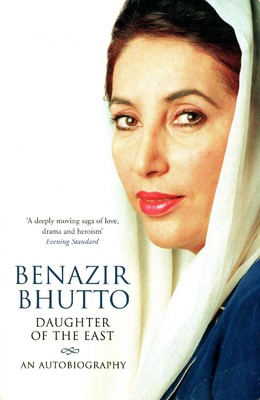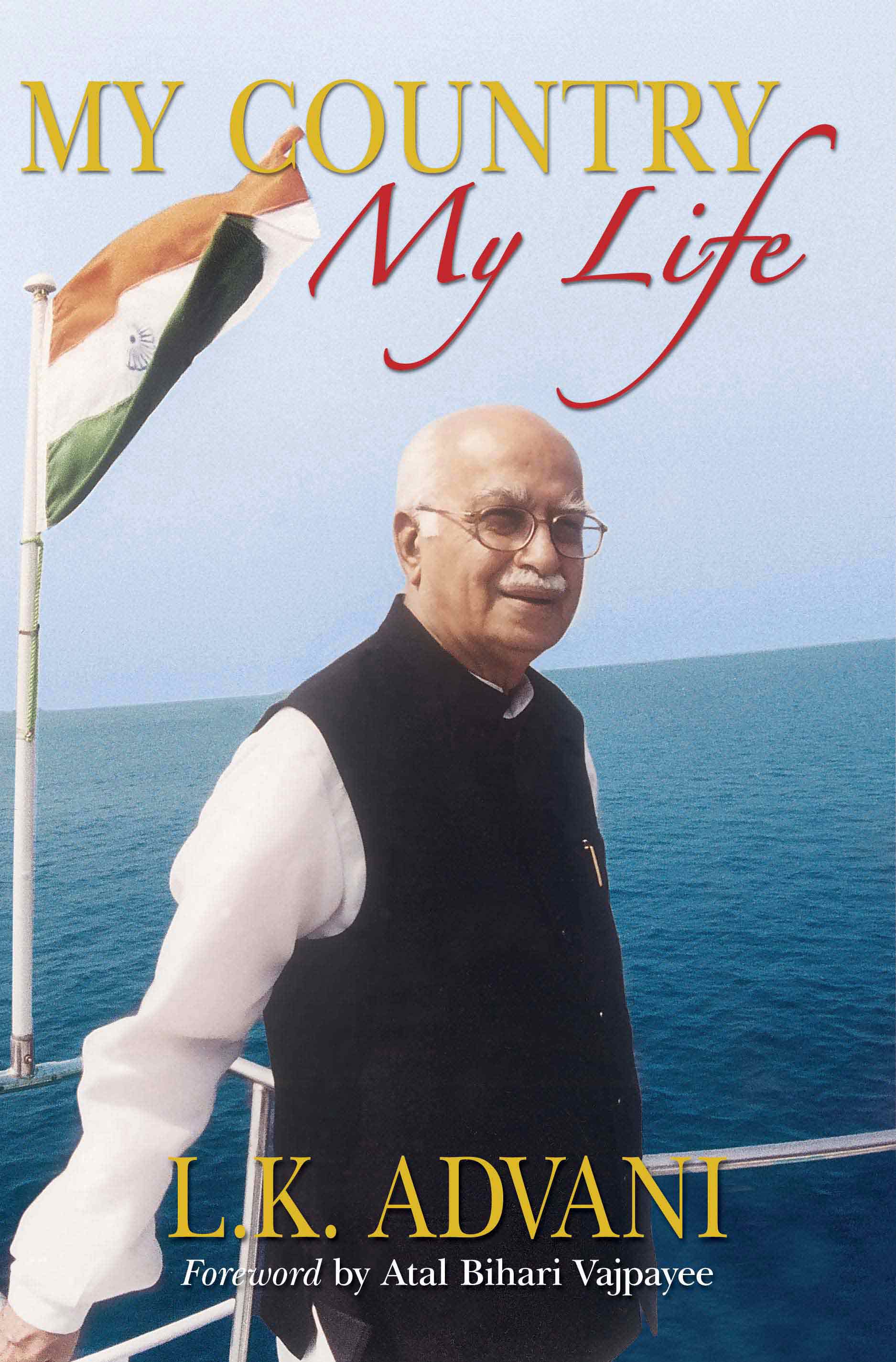Daughter Of The East
Benazir Bhutto's tale of her youth and political career in Pakistan is eloquent and engaging as a narrative, surprisingly readable, with an almost fictional quality. However, it is precisely these dream-like allusions that make a reader who is more knowledgeable about politics and social hierarchies in Pakistan wonder about the reliability and motives behind her portrayal of Pakistani leaders. Recounting the personal tragedies and difficulties experienced by the Bhutto family, Benazir is stirring and emotive, inspiring empathy in her readers. But she paints a disturbingly naive and idealised picture of her own family. The Bhuttos appear as eternal victims of cruel and unrelenting dictators, who stifle the voice of the people, unwaveringly embodied in the form of a Bhutto (first her father, followed by her mother, and then Benazir herself). References to the fuedal landowning family's power, status, nobility and wealth are scattered throughout Benazir's text, and make one wonder if she wouldn't be better off using the argument of divine right, rather than popular mandate, to justify her family's claims to leadership of Pakistan. On the whole, the book is worth reading but I recommend it be done with a pinch of salt. It is evident that Benazir Bhutto belongs to an elite amongst the various Pakistani elites. I find it more than a little paradoxical and hypocritical that she is able to combine her membership in one of South Asia's "ruling families" with so ardent a conviction that hers was the true and democratically determined voice of the Pakistani people. With the benefit of hindsight, and the knowledge that Benazir did not live up to her political ambitions to serve the "masses" in either of her two terms as Prime Minister, the rhetoric of "Daughter of the East" seems a rather bitter pill to swallow.
Top rated books in this category































